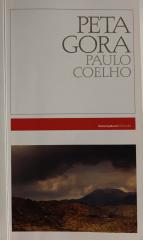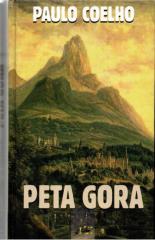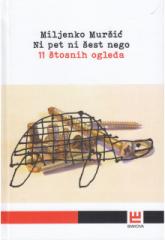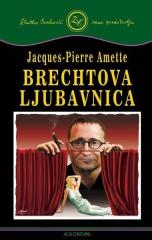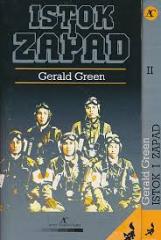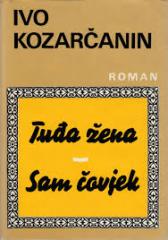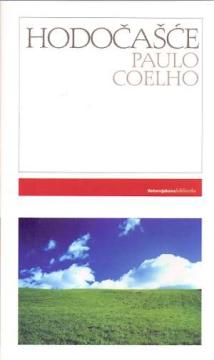
Hodočašće
A romanticized account of the author's pilgrimage to Santiago de Compostela in 1986. This experience of one of the three sacred paths of antiquity became a true initiation for him and changed him forever.
For his first book, Coelho explicitly states that it is not a guide to the Way of Santiago, but rather a story about his experience on that pilgrimage. The book is dominated by elements of travelogue prose, with descriptions of landscapes and settlements, a series of historical and literary reminiscences, narrated legends and miraculous stories, and in the foreground is the narrator's rediscovery of faith, "a value that surpasses any other belief". This happens gradually, in a constant dialogue with the guide Petrus, in the spiritual exercises that he suggests to him, and in noticing his own mistakes. On that pilgrimage, Coelho realized that "the search for happiness is a personal matter, not a model that we can give to others", and that this experience does not belong only to saints and prophets, but also to ordinary people.
Two details regarding Coelho's pilgrimage are particularly interesting. On his honeymoon with his second wife in Europe in the early 1980s, he visited Dachau, among other places, where he had a vision in which a man appeared to him. He met the same man some time later in Amsterdam, and he suggested that he return to Catholicism and make a pilgrimage to Santiago (Coelho had previously had various spiritual experiences, from hippie to black magic). During the pilgrimage itself, the strongest impression on him was made by Mount Cebrerio, which is described in the last chapter of the book, and so strong that in his will he expressed the wish that his ashes be scattered there.
Two copies are available
